A Guide to Setting Up Your RV or Home Solar System
Solar systems have become increasingly popular in recent years. They are a great way to save money on your electricity bills, and they help the environment by using solar energy rather than fossil fuels. If you’re considering setting up a solar system for your RV, home or business, this article will give you an overview of what you can expect from such a system and how much it will cost.
Parts of a Solar System
Solar Panels

Solar panels, which are also known as photovoltaics (PV), are what actually generate power from the sun. They contain cells filled with liquid silicon which transform sunlight into electricity when exposed to light. When solar panels are placed in direct sunlight, they can produce up to an output voltage of 12 volts. This voltage is not used by RV or household appliances but it can easily be converted into a usable energy supply by means of an inverter.
Solar panels also come in a variety of sizes, so it’s important for you to consider how much electricity you need before purchasing them. A small solar panel system that supplies just enough energy for one light bulb and a few small appliances can be enough for someone who lives alone in an RV, or studio apartment, but it won’t be sufficient for families who need to run multiple appliances at once.
If you want to power an entire RV or house with solar panels, you’re going to need a lot of PV panels – usually around 12 or more. You’ll also need additional equipment such as enerdrive lithium batteries, inverters and wiring systems. A complete solar system will include all of these components so that you don’t have to purchase them separately. Some people choose to build their own solar systems, but if you’re not technically savvy and don’t have a lot of time on your hands, it’s probably best for you to purchase one that is already assembled.
The cost of installing solar panels can vary significantly depending on the size and type of system you’re installing, but you should expect it to be at least a few thousand dollars, up to $20 000. A complete solar system will include all of the necessary equipment, batteries and wiring systems, so this amount may not include everything you need in order to get your solar panels up and running.
Solar Inverter
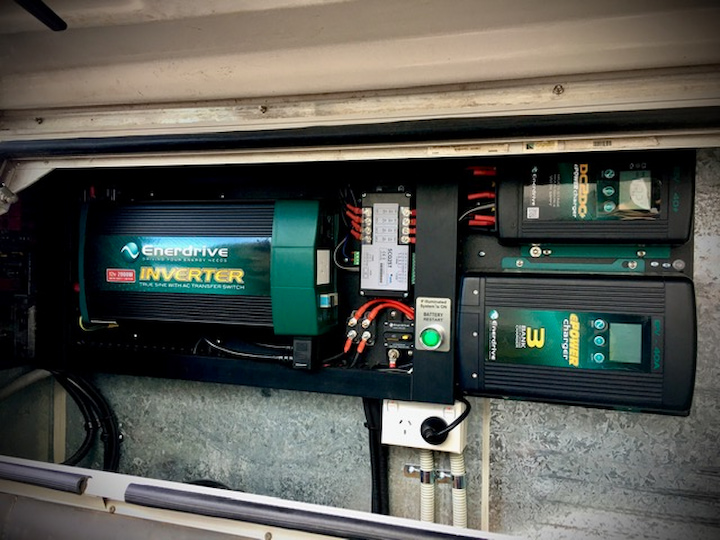
An inverter converts the DC current from your solar panels into AC current for use in your RV, home or business, meaning that you won’t have to change any existing electrical devices if you decide to add solar panels to your property. In addition, inverters are much more efficient than regular transformers because they don’t lose any power during the conversion process. The cost of an inverter depends on its wattage and capacity, but you can expect it to be around $400-$1000.
Solar Batteries
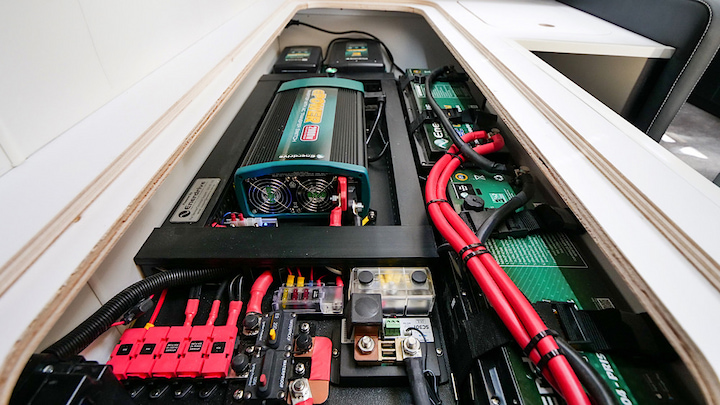
Solar batteries can be especially expensive, because they are usually made from lithium-ion that has a long lifespan and can withstand extreme weather conditions. A solar battery will be able to store the energy you generate through your PV panels, so it’s important for it to be durable enough to last for many years without needing to be replaced. Batteries come in all different shapes and sizes, but you should choose one that is small enough so that it won’t take up too much space on your RV roof or property. In addition, you’ll want to make sure that it has a built-in inverter so that you won’t have to purchase one separately.
In order to get the right-sized battery you’ll need to do some research and get professional help. You should also be aware that solar panels are not compatible with all types of batteries – they need to be lithium-ion or lithium-polymer batteries. If you want to save money on your solar system, it’s a good idea to purchase off-grid equipment such as enerdrive lithium batteries, inverters and wiring systems. These products are specially designed for use in remote areas where there is no electricity grid available. They’re lightweight and portable so that you can easily transport them to another location if necessary.
Regulations for Homeowners
Another thing to keep in mind is that some states require homeowners to get permission from the local utility before installing any new equipment, such as solar panels. It’s important to check with your electricity provider before doing anything else because they will be able to tell you what regulations apply to your situation. You may also want to consider getting a professional installer if you’re unsure about how to set up solar panels or if you have any other questions.
Conclusion
Solar systems are an excellent way to reduce the amount of fossil fuels that you use, and they’re beneficial for both people and the environment. They can be used in many different ways – some people use them to generate electricity, others heat water and yet others power appliances. If you’re interested in setting up a solar system, make sure to consider all of your options before purchasing any equipment.
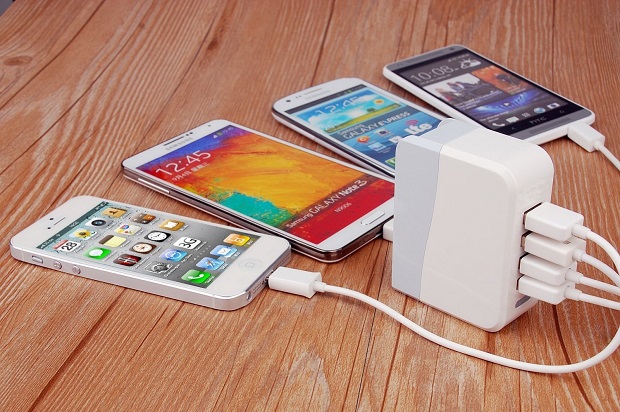

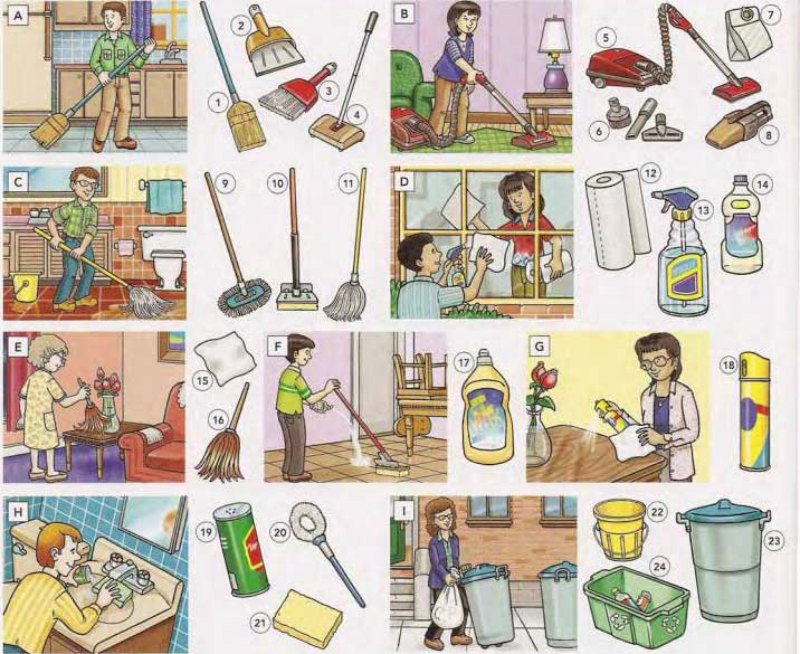
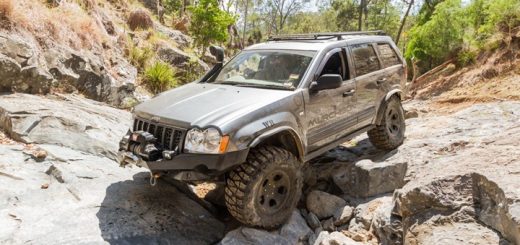

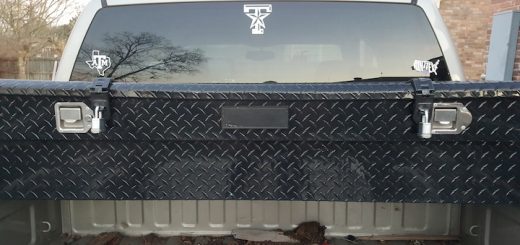

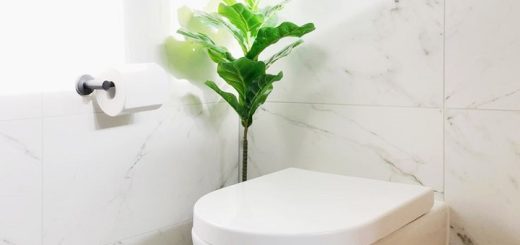
![AFX Sauber F1 C44 Stake No24 Slot Car [22092]](https://www.availableonline.com.au/wp-content/uploads/2025/06/6ccd9e30-c6fa-4910-9081-5fcc3ba80b04__60843-520x245.jpg)